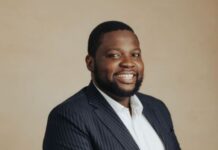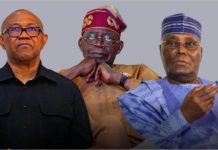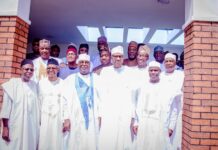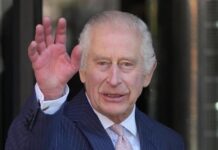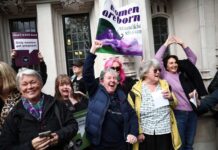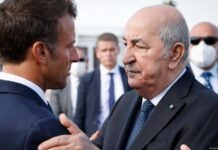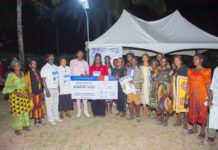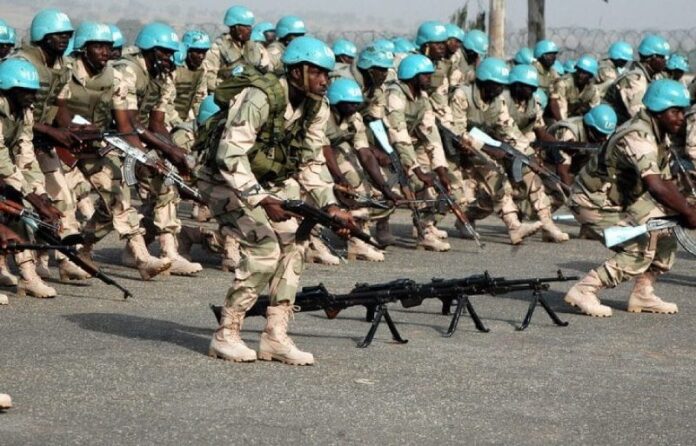Ochereome Nnanna
The Nigerian Army recently sent a task force to the South-East to hunt for recruits. The team led by Brigadier-General Chima Ekeator was in Enugu State where he lamented that out of the 200 slots given to the state, not up to 100 youths applied. He contrasted it with Kaduna State from which over 3,000 applications were received.
Ekeator was quoted as saying: “Our people are losing what rightly belongs to them. Each year, whenever a slot is being allocated to our people, we keep noticing that the number of applicants from our side is usually very poor”.
How does the typical Igbo person see career in the military? Before the Nigerian Civil War when the Yoruba ethnic group was widely known as the most educated, the Igbo who were their closest rivals commanded the majority in the senior officer levels.
The Igbo was the first to produce a Major General, full General and the first military Head of State of Nigeria: the late General Umunnakwe Aguiyi-Ironsi. To show how dominant the Igbo were, the ring leaders of the first military coup were Major Chukwuma Nzeogwu and Major Emannuel Ifeajuna. Col Chukwuemeka Odumegwu Ojukwu was in charge of the Kano Garrison where he strove to foil the coup in the North. Ironsi as Nigeria’s military leader, was in charge of efforts to thwart the coup in the State House, Lagos. When you hear that the January 15, 1966 revolution was “an Igbo coup”, it owed generally to the dominant roles played by Igbo officers on both sides of the coup, coupled with the apparently skewed pattern of killings of civilian and military leaders.
However, Igbo officers were virulently targeted and decimated during the counter-coup of July 28, 1966 because the North constituted the vast majority of the infantry – the foot soldiers. The Nigerian Army’s history had its roots in colonial military officer, Lt. John Hawley Glover’s Constabulary Force founded in 1863 in the North. It was made up primarily of freed Hausa slaves. It continued to attract largely illiterate Northern youth who typically communicated in Hausa. That is why even today, the two most widely spoken languages in the Nigerian Army barracks are English and Hausa, with the barrack culture being predominantly Northern.
Igbo youth have never been keen on infantry military career because they are educated and ambitious. However, during Biafra, they gave more than a good account of themselves in infantry soldiering, holding off the formidable enemy coalition with virtual bare hands and with hunger in their stomachs, for almost three years. The Nigerian anti-Igbo coalition was bolstered by their foreign powers: Britain, USSR, Egypt, USA and others. After the War it was mostly the senior Igbo military officers that sought reabsorption into the Federal Armed Forces.
The North and West, along with the rest of the country, conspired to truncate Igbo careers in the military, police, security, bureaucracy and political affairs of Nigeria since 1970. The Igbo have produced only one Chief of Army Staff (General Azubuike Ihejirika, appointed by President Goodluck Jonathan) and Inspector General of Police (Ogbonnaya Onovo, appointed by the late President Umaru Yar’Adua). Ndi Igbo have been blocked from emerging as heads of the Customs, the security agencies and other strategic posts which have been monopolised by Northerners and Yoruba.
I doubt if the sensitisation programme of the Nigerian Army will bear much fruit. Igbo people have for over 50 years seen the Army, Police and Security agencies as instruments of Northern oppressors. They are now perceived as greasing Fulani expansionism by allowing their militias masquerading as “herdsmen” to kill, kidnap for ransom, displace communities and grab lands unchallenged.
They aggressively bear down on people who try to defend themselves against the terrorists. They term herdsmen attacks on defenceless communities as “clashes”. Government refuses to declare them as terrorists though way back in 2016, they had emerged as the fourth most murderous terrorist network in the world. The pro-Fulani Federal Government declared the Eastern Security Network, ESN, formed by Mazi Nnamdi Kanu’s Indigenous People of Biafra, IPOB, to defend Igboland as “terrorists”. The Nigerian Army and other Federal agencies are widely perceived as enablers or condoners of Fulani armed campaign to seize indigenous people’s land throughout Nigeria to settle their nomads from all parts of Africa. That President Bola Tinubu, a Yoruba, has been unable to stop them shows how deeply entrenched this crime against indigenous people of Nigeria has become.
It is not even only the Igbo that are now shunning Army enlistment. The Army has been openly lamenting over unhealthy levels of voluntary discharges from the Force. Between 2020 and 2024, over 1,000 personnel resigned from the Engineering Corps alone. In August 2020, the Army had to lower academic requirements for enlistment. Indeed, jolted by loss of manpower, the Army had to throw their doors open again for discharged soldiers to re-enlist.
The commanding heights of the Armed Forces were regionalised after the War. Since Muhammadu Buhari’s tenure, they have been ethnicised. Under such a condition, personnel no longer feel they are fighting for their country. This is responsible for the Nigerian military’s general weak outlook.
It is ironical that areas where the youth still rush for Army work are among the most attacked by Fulani militias (Southern Kaduna, Plateau, Benue, Kogi, Niger, Nasarawa and other states in the South-West, North-East and North- West).
If I were still a youth, I would be more interested in playing a role to defend Igboland and my community than enlisting in the Army. I would keep myself prepared, knowing that once the terrorists succeed in capturing Plateau and Benue states, Igboland will be next. They are already “spade-working” Enugu and Ebonyi which have weak governors.
I can only support an army that defends me.

